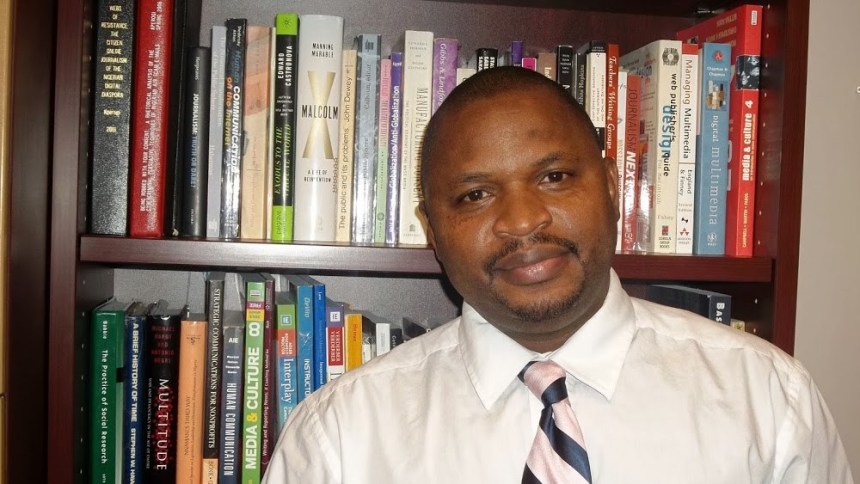There seems to be a heightened (social media) obsession in Nigeria to call people out for what crimes they haven’t (yet) condemned—or that they have condemned.
It’s usually the ethno-religious identities of the victims and perpetrators of crimes that dictate people’s outrage.
They seethe with rage when you condemn a crime in which the perpetrators are “their” people (and the victims are “others”) but can’t wait to shame you for not having (yet) condemned a crime in which the victims are “their” people and the perpetrators are “others.”
Sometimes because of the time difference between Nigeria and Atlanta—and because of my own busy schedule—I get to know of some crimes only because someone bitched to me about why I didn’t say something about the crimes in which their people are victims when I’d said something about other crimes in which their people were the perpetrators.
In all of this, the crimes themselves are ignored, our common humanity takes the backseat, and government authorities that are constitutionally obligated to act to stop or punish crimes are spared.
What drives this sort of warped monomania over the identities of the victims and perpetrators of crimes and not the crimes themselves?
And what exactly do condemnations— or lack thereof— of crimes from non-state, diasporic bystanders like me do other than mollify or inflame the emotions of people who seek them out or resent them?
If condemnations of crimes influence governments to punish culprits or to protect victims, I would understand. But they don’t. Government officials don’t care unless they’re personally affected.
I guess it’s because it’s easier to rail against powerless non-state actors than to be a critical democratic citizen and hold people in power to account.
Finally, why do people feel entitled to a private citizen’s thoughts when they don’t pay him?
What I choose to comment on is strictly my decision. My brain and my thoughts are not communal property. Why is that hard to understand?

